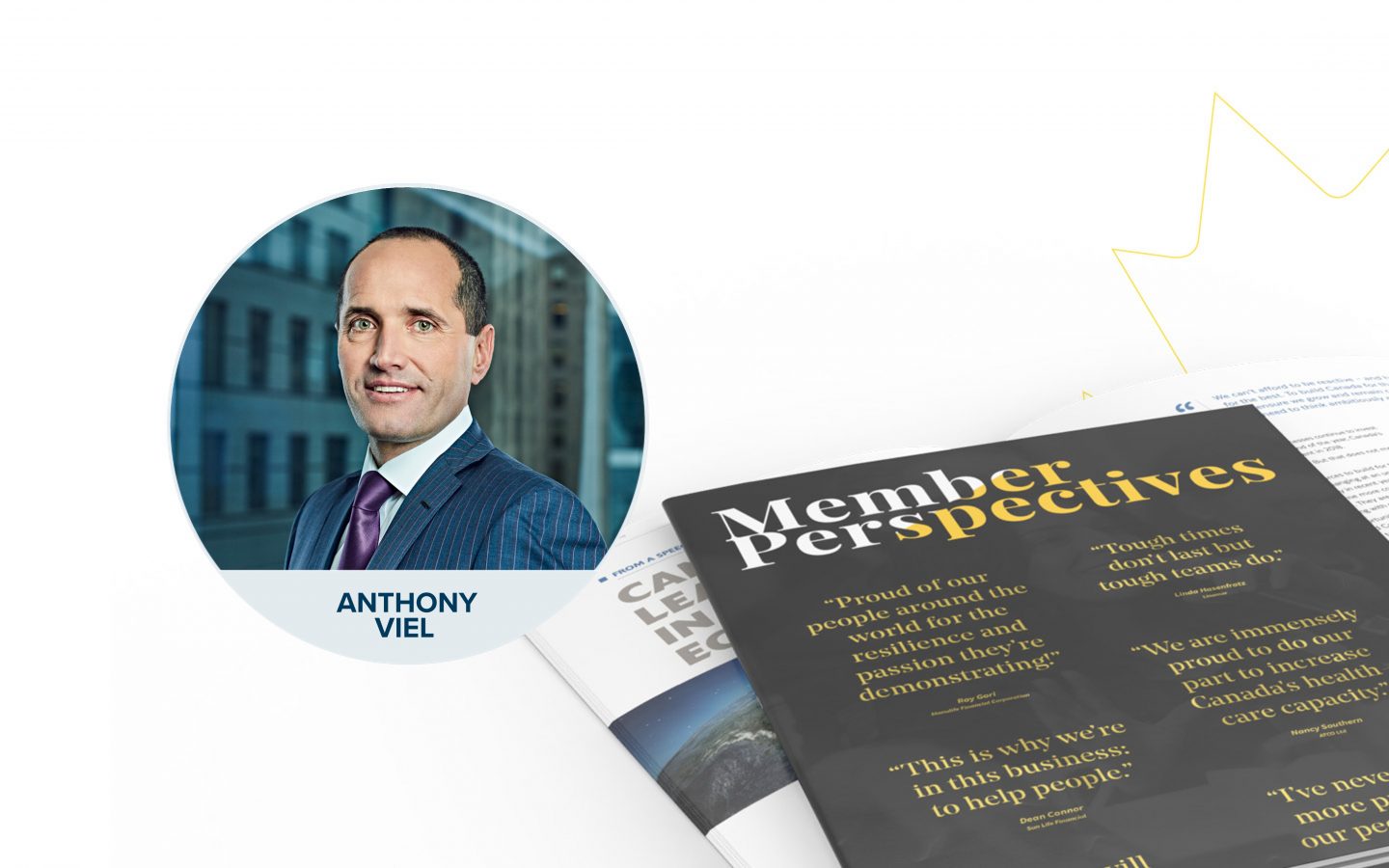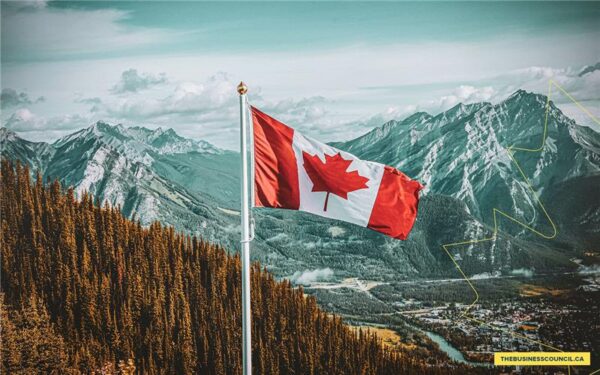What Canada’s leaders should focus on post-election
As published by Anthony Viel on LinkedIn
As we head into the fall, it’s a good time to reset and re-calibrate our focus, as individuals and as a country. The federal election comes at a pivotal time where, despite the differences between political parties, we have important national issues that need to be addressed.
As they have over the past month, leaders of the various political parties will be campaigning in the remaining days to convince voters that they are best suited to lead our country. While their platforms and points of focus may vary, what they all have in common is they’ll be facing the same challenges: fighting the pandemic, navigating our economic recovery, and acting on the climate crisis. Addressing these challenges will chart the path for Canada’s future, putting the country in a position to emerge as a global leader.
I believe leaders of all political stripes should focus their attention on building a future where Canada is the most inclusive place in the world, where the public and private sectors lead together, and where we take a global leadership position on key issues – including building a thriving and inclusive workforce, protecting the environment, and ensuring Canada can compete globally.
Developing a diverse, inclusive and thriving workforce
For marginalised groups in Canada, the long-standing economic disparities they’ve faced only became more pronounced during the pandemic. Women, racialised groups, people with disabilities and young workers have been particularly impacted by the pandemic and, as we’ve heard from some leaders, supporting these groups beyond the pandemic has been a point of focus for some of the parties’ political platforms.
These inequalities aren’t just a moral issue, but an economic one. A larger and more inclusive labour force is a key driver of productivity. And, as we outlined in our Catalyst 2030 report, we have significant work to do to eliminate barriers facing underrepresented groups looking to enter or advance in the workplace. Canada could increase its labour force by an estimated 1.7 million workers by eliminating these barriers. This includes women, older people, persons with disabilities, and Indigenous and racialised peoples, as well as immigrants, providing the talent required to expand our workforce. Governments can play an important role in growing our workforce by providing incentives for workplace accessibility and inclusion, as well as linking professional accreditation bodies to the immigration process so that newcomers to Canada can use their significant skills to the benefit of the nation.
The future leader of the country, whoever Canadians decide that will be, needs to take action to ensure all Canadians who want to work can do so by targeting education toward developing skills that employers demand, and by providing opportunities for practical experience and a clear pathway to employment. We need to start building a resilient country with workers who have the skills and training needed to create thriving and inclusive workplaces.
Building a sustainable future
For Canada to become a leader on the global stage, we need to ensure we’re protecting our environment and putting in place measures to build a climate resilient future. Action on climate change is long overdue. As we saw with the fight against COVID-19, achieving our climate goals will require significant and sustained collective action across governments. But first, we need everyone to recognise that the world is facing an existential threat and that we need to take bold action now.
While Canada is not currently on track to reduce carbon emissions enough to reach our Paris Agreement targets by 2030, a carbon-pricing strategy that steadily increases could significantly lower emissions and allow us to meet reductions laid out in the Agreement. This carbon-pricing strategy would need to be enacted alongside other measures, including incentives that accelerate the adoption of clean technologies that position Canadian industries to lead globally on sustainable innovation.
Real action on climate will require cooperation between the public and private sectors and meaningful action by all organisations. At Deloitte, we have committed to achieving net-zero emissions by 2030 and have launched our WorldClimateinitiative. We recognise that real change needs to start from within and that Deloitte must set – and meet – higher standards for itself, our people and our clients to create solutions to help us realise a low carbon economy.
Leading through innovation
Innovation in the digital space is a key to our nation’s future. While Canada is uniquely positioned to shape global innovation standards and governance in this direction, in order to catch up with other G7 countries, we need to encourage investments in innovation, intellectual property, and infrastructure to become more competitive, particularly in sectors where Canada can realistically lead globally.
Investing in strong digital infrastructure as well as making connectivity more affordable for everyone is crucial to ensuring Canada can compete globally – a point that was further brought to light a result of the pandemic. Currently, less than half of Canadians living in rural areas and Indigenous communities have access to fast and affordable internet service. Government and business need to find solutions and establish partnerships to build and fund affordable connectivity for everyone. Increased investments in digital infrastructure would enable Canada to build a more inclusive and thriving workforce that allows individuals and businesses to compete digitally regardless of where they are in the country.
We also need to ensure future generations of Canadians develop the skills they need to build our country’s innovative future, both in the school system’s curriculum and through workplace training. This would include developing data skills, coding, and studying technology ethics.
We’re at a critical inflection point, but I’m optimistic about this country’s future. That’s why it’s more important than ever to get out and exercise your right as a citizen to vote. Together, we can build a brighter future for all Canadians.











